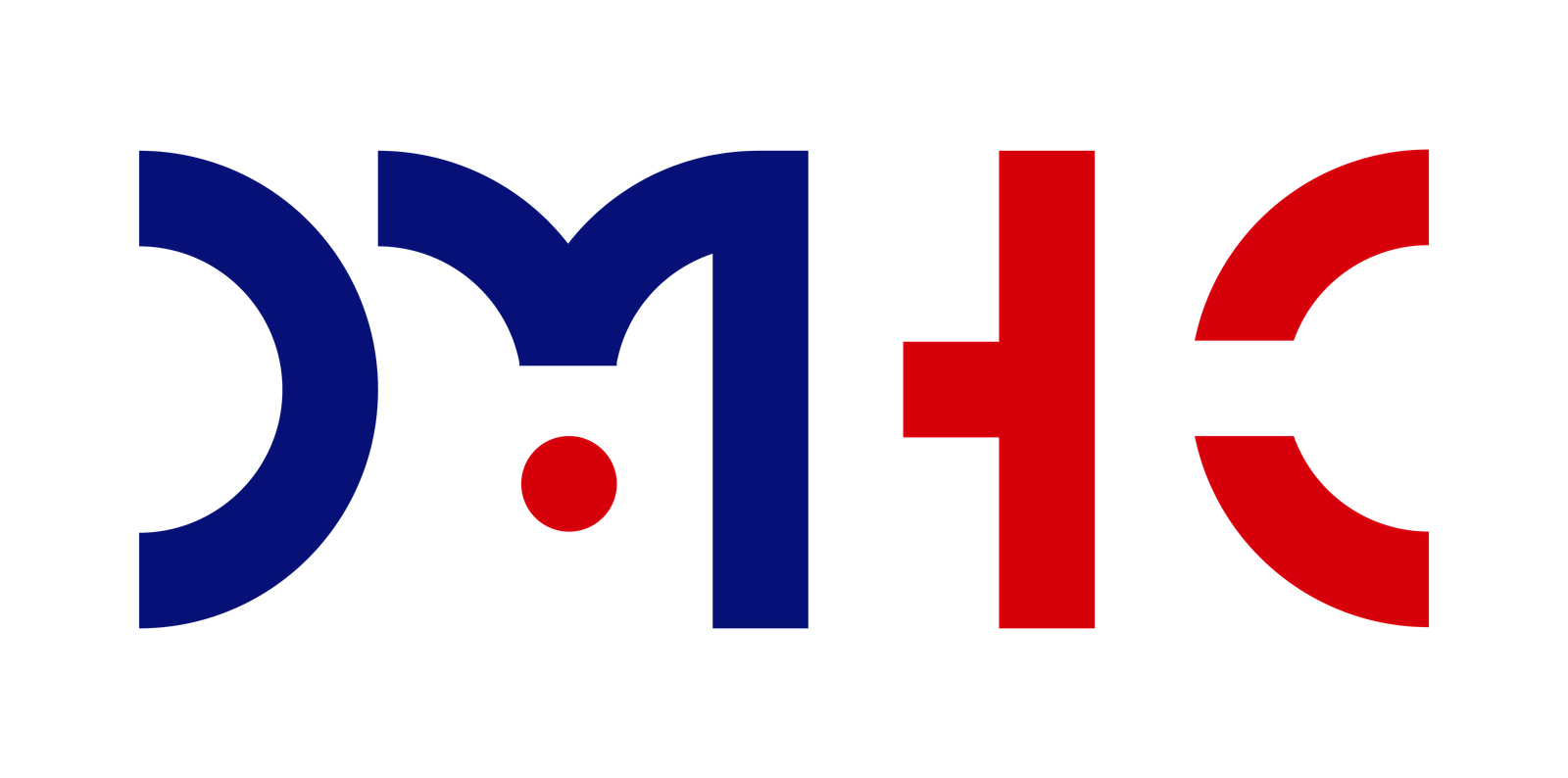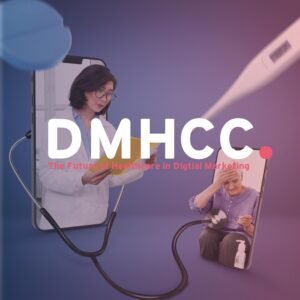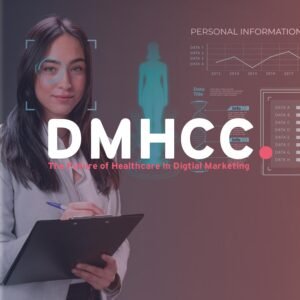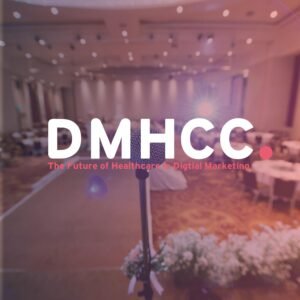AI and Machine Learning in Healthcare Marketing in the MENA Region
The integration of Artificial Intelligence (AI) and Machine Learning (ML) in healthcare marketing is revolutionizing how healthcare providers in the Middle East and North Africa (MENA) region engage with patients and optimize their marketing strategies. These advanced technologies offer innovative solutions for personalized marketing, predictive analytics, and enhanced patient engagement, paving the way for a more efficient and effective healthcare system.
The Rise of AI and ML in the MENA Region
The MENA region has been witnessing rapid growth in the adoption of AI and ML across various sectors, including healthcare. According to PwC, AI could contribute up to $320 billion to the MENA economy by 2030, with the healthcare sector being a significant beneficiary. This growth is driven by increased government investments in digital health initiatives and the rising demand for advanced healthcare solutions.
Personalized Marketing with AI and ML
One of the most significant advantages of AI and ML in healthcare marketing is the ability to deliver personalized marketing campaigns. By analyzing vast amounts of patient data, AI algorithms can identify individual preferences, behaviors, and health needs. This allows healthcare providers to tailor their marketing messages and offers to each patient, resulting in higher engagement and conversion rates.
For example, healthcare providers in the MENA region can use AI-powered tools to segment their audience based on demographics, medical history, and online behavior. This enables them to send targeted messages, such as reminders for vaccinations, personalized health tips, or special offers for medical services, directly to the patients who are most likely to benefit from them.
Predictive Analytics for Better Decision-Making
AI and ML can also provide valuable insights through predictive analytics, helping healthcare marketers make data-driven decisions. By analyzing historical data and identifying patterns, AI can predict future trends and patient behaviors. This allows healthcare providers to anticipate patient needs, optimize their marketing strategies, and allocate resources more effectively.
For instance, predictive analytics can help healthcare providers in the MENA region identify peak times for certain medical services, allowing them to schedule marketing campaigns accordingly. It can also predict which patients are at higher risk of certain diseases, enabling proactive marketing of preventive measures and early interventions.
Enhanced Patient Engagement
AI and ML technologies can significantly enhance patient engagement by providing more interactive and personalized experiences. Chatbots and virtual assistants, powered by AI, can engage with patients 24/7, answering their queries, providing health information, and even scheduling appointments. This not only improves patient satisfaction but also frees up valuable time for healthcare professionals.
Moreover, AI can analyze patient feedback from social media and online reviews to identify areas for improvement in healthcare services. This real-time feedback loop allows healthcare providers to address patient concerns promptly and improve their overall service quality.
Case Studies and Success Stories
Several healthcare providers across the MENA region have successfully implemented AI and ML in their marketing strategies, achieving remarkable results.
- Jordan Hospital, Jordan: Jordan Hospital has integrated AI-powered chatbots to handle patient inquiries and appointment bookings. This has reduced wait times and improved patient satisfaction. Additionally, their use of predictive analytics has optimized their marketing campaigns, resulting in a 20% increase in patient engagement for targeted health programs.
- Al Amal Hospital, Bahrain: Al Amal Hospital uses AI to analyze patient feedback and online reviews, which has helped them refine their marketing strategies. By understanding patient sentiments and preferences, they have tailored their health education campaigns more effectively, leading to higher patient participation rates in wellness programs.
- National Institute for Health, Egypt: The National Institute for Health in Egypt leverages AI and ML to predict health trends and patient needs. Their AI-driven marketing efforts have focused on preventive care, with campaigns targeted at high-risk groups for diseases such as diabetes and hypertension. This has resulted in improved health outcomes and increased patient engagement in preventive health initiatives.
- Dubai Health Authority (DHA): The DHA has been leveraging AI and ML to enhance its digital marketing efforts. By analyzing patient data, they have been able to create personalized health campaigns and improve patient engagement. Their AI-driven chatbots provide instant responses to patient inquiries, improving overall patient experience.
- Saudi German Hospital Group: This leading healthcare provider in the MENA region uses AI to analyze patient feedback and identify trends. This allows them to tailor their marketing strategies to better meet patient needs. Their AI-powered virtual assistant helps patients with appointment scheduling and provides health tips, enhancing patient engagement and satisfaction.
Staying Ahead of the Curve: Learning from the Experts
The field of AI and machine learning in healthcare marketing is rapidly evolving. New tools, techniques, and ethical considerations emerge constantly. Staying informed about these advancements is crucial for healthcare providers in the MENA region to maintain a competitive edge.
The DMHCC (Digital Marketing Healthcare Conference) offers a valuable platform to do just that. Featuring dedicated sessions and workshops focused on AI and ML in healthcare marketing, DMHCC brings together industry leaders, tech experts, and experienced practitioners.
Challenges and Considerations
While AI and ML offer significant benefits for healthcare marketing, there are also challenges that need to be addressed.
- Data Privacy and Security: The use of AI and ML involves handling large amounts of patient data, raising concerns about data privacy and security. Healthcare providers must ensure compliance with local regulations and implement robust data protection measures to safeguard patient information.
- Technological Infrastructure: The successful implementation of AI and ML requires a robust technological infrastructure. In some parts of the MENA region, the lack of advanced infrastructure and digital literacy may pose challenges. Governments and healthcare organizations need to invest in infrastructure development and training to overcome these barriers.
DMHCC: Equip Yourself with the Latest AI & ML Strategies
At DMHCC, you will:
- Learn about cutting-edge AI and ML solutions for personalized marketing, predictive analytics, and patient engagement.
- Gain insights from real-world case studies showcasing successful implementations of AI and ML in healthcare marketing across the MENA region.
- Network with peers and industry experts to share best practices and address challenges related to AI and ML adoption.
- Discover the latest trends and ethical considerations in healthcare marketing with AI and ML.
By attending DMHCC Digital Marketing Healthcare Conference, you’ll gain the knowledge and tools necessary to navigate the complex landscape of AI and ML in healthcare marketing. This will empower you to develop and implement effective marketing strategies that reach the right patients, deliver personalized experiences, and ultimately, contribute to improved health outcomes in the MENA region.
Conclusion
AI and Machine Learning are transforming healthcare marketing in the MENA region, offering personalized marketing, predictive analytics, and enhanced patient engagement. As the region continues to invest in digital health initiatives, the adoption of AI and ML is expected to grow, driving better health outcomes and improved patient experiences. By addressing the challenges and leveraging the opportunities, healthcare providers in the MENA region can harness the full potential of AI and ML to revolutionize their marketing strategies.
References
DMHCC (Digital Marketing HealthCare Conference): https://dmhcc.com/







